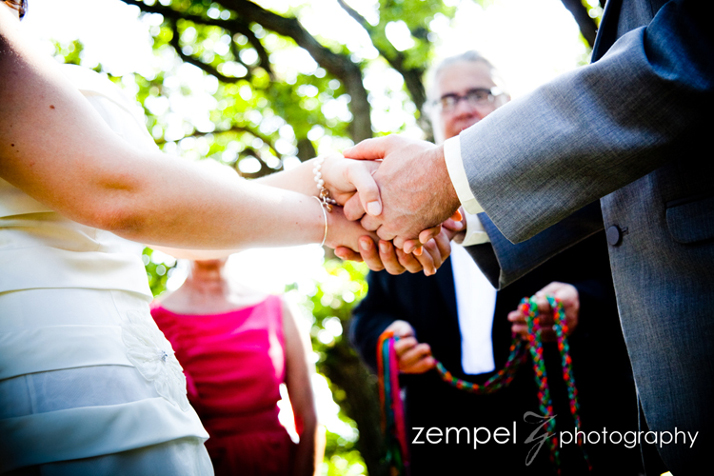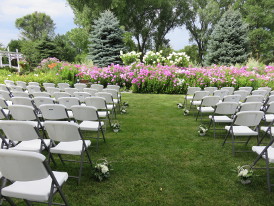Questions to Ask Your Officiant
There are questions to ask your officiant at your first meeting that will help you decide if you want to book their services for your wedding day. Last week I wrote about how to find potential officiants, so you’ll want to read that post first. Now that you’re speaking with a prospective officiant in person (or via technology if you’re not in the same city), you’ll want to use your time wisely and ask some important questions.
The questions to ask your officiant are ones that help you determine if you’re a good fit for each other. You’ll want to have trust and confidence that this person will provide the kind of ceremony you want in a meaningful, professional and approachable manner. Here are 6 questions to help you make that determination:
- Are you available for the date, time and location of our wedding ceremony? You don’t want to waste anyone’s time if these basic criteria aren’t met. Bonus points if the officiant has performed ceremonies at your venue before. They’ll know the venue manager and how to use the space effectively for you.
- Do you offer the kind of ceremony we want? This is a multi-faceted question. First, if you’re looking for a secular or non-religious ceremony, do they offer that? Conversely, if you want religion in your ceremony, are they knowledgeable and willing to include the prayers and religious readings you want? If you’ve been to other weddings and do or do not want a particular element in your ceremony, are they willing to accommodate that? Examples could be a particular unity ritual, reading, or approach to vows.
- How involved will we be in ceremony creation? Officiants may want you to provide information via a questionnaire to allow them to personalize the ceremony. They may want you to review the ceremony draft and provide feedback – or alternately, they may not be willing to share the ceremony wording in advance of your wedding day. The important thing is to understand the expectations and make sure you’re comfortable with them.
- What background, education and/or experience do you have in ceremony creation? Everyone has a first ceremony, but if the officiant is inexperienced they should be able to point to education or training that prepares them to do good work for you.
- What is included in your services? Consider whether the officiant will run a rehearsal for you if you want, how far in advance of the ceremony time they will arrive, and if they handle the legal paperwork for you after the ceremony. Some officiants can provide a sound system to allow your guests to hear the ceremony while some rely on you to provide that. And importantly, how accessible is the officiant to you if you have questions along the way?
- Do you have an agreement or contract that we all sign that clearly identifies services to be provided by the officiant and those that are your responsibility? Sometimes officiant services are booked a year or more in advance, and it’s best to have clear documentation of what has been agreed to.
Using these questions to ask your officiant, you can gather a wealth of information and will be able to determine your comfort level in working with them. You’ll feel more comfortable and confident during your initial meeting when you arrive armed with these 6 questions to ask your officiant, and more confident making a decision to move forward with them.
As we move into the second half of 2019 I’m beginning to hear from more couples looking for an officiant for their 2020 wedding days. I look forward to speaking with couples and am happy to address all the questions above. But I realize that selecting an officiant is new to most of you, so I’m always happy to guide the conversation so we all get the information we need, if that is your preference.


